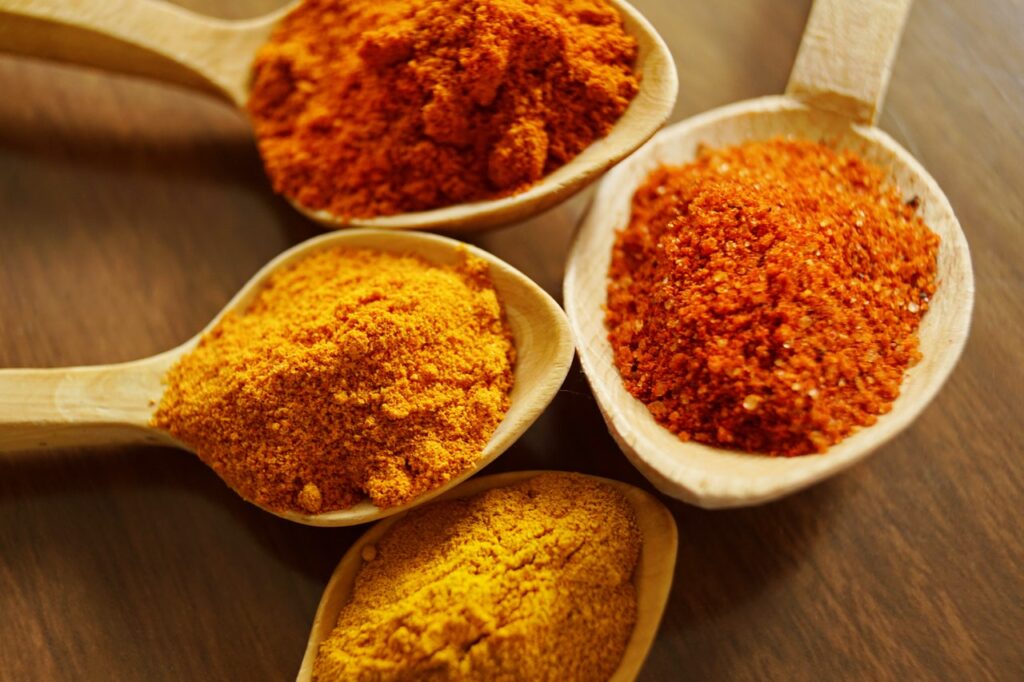I have written in the past about Hippocrates the Father of Medicine’s famous words “Let Your Food Be Your Medicine”, but I want to take it even further and make such a bold declaration practical for you.
As well as making your food be your medicine you can also make your Kitchen Your Pharmacy. By giving your body foods to nourish and giving those foods the utmost respect they deserve there’s a good chance you’ll maintain your health for a very long time.
So what’s in your Kitchen? Is it filled with healing ingredients?
So here are 5 tips to help you make your kitchen a healing center:
Tip #1 Is Your Crisper Empty?: If its empty that’s a good sign that it’s time to go shopping. Your crisper should be brimming full of fresh produce and not be a “science project” as a friend of mine used to call her aging vegetable supply. Make sure you rotate your vegetables and try and use as many of them on a daily basis. If you are lucky enough to have an extra fridge in your garage like we do – you can store some of your fruits there. I store my extra grapefruits, apples and oranges there. They last longer than vegetables usually, so I stock up on them and keep them separate. One of my favorite mottos is: Veggies are your Best Friends! I hope it becomes one of yours, too.
Tip # 2 Salt is not a Spice: If you are needing to refill your salt shaker every week there’s definitely something wrong. Salt should only be used when cooking to bring out the natural flavor of food not to cover it up. NaCl (Sodium Chloride) or table salt is not a natural food item. Even if you are using sea salt, remember to use it sparingly – a dash is all you need.
If you want added flavor start incorporating add spices and herbs into your cooking instead. Fresh basil is wonderful and has a calming effect on the mind. Cinnamon isn’t only added to desserts – it can be added to savory dishes as well. It adds interest to a dish and it’s also beneficial for balancing blood sugar. And for those brave souls – I am one of them – curry or turmeric is an excellent spice adding pungency and heat to a meal. These 2 are known to help reduce inflammation in the body, clear up sinuses and aid digestion. Experiment and start slowly when adding new spices and herbs to your food.
Tip #3 Ever Heard of Therapeutic Vinegar? Well there are culinary vinegars like balsamic, red wine vinegar and a myriad of gourmet combinations. But one hails as a therapeutic vinegar and that’s Apple Cider Vinegar. When my clients work with me Apple Cider Vinegar is usually something I recommend they start using it immediately and often on a daily basis. They report that it has a sort of cleansing effect on them. It is well researched that for most people it helps with their digestion. Unless you are suffering from digestive inflammation due to an ulcer or gastritis Apple Cider Vinegar is safe, tasty and an effective digestive balancer.
Tip # 4 It’s Not Only the Food: Not only is what you eat important, but how you eat is equally if not more important. If you are eating your meals standing up, in a rush, washing your food down with liquids, in a heated conversation – all of these activities will have a serious effect on how well you break down the foods you are consuming. The more stressful your environment, the less beneficial your meal.
Stress will increase cortisol, decrease proper digestive function and impair how important nutrients get absorbed. Without these nutrients you will not be feeling good for long. Make your meal environment as stress free as possible. Believe me, it matters. I have seen many of my clients suffering from all sorts of digestive discomfort, and by doing this simple fix they actually become more relaxed, healthier and happier.
Tip # 5 Overhaul the Bags and Boxes: If you have a predominance of bags and boxes in your pantry or cupboards it’s time to haul them out and give them away. Let’s face it, most of the foods found in packages are usually not fresh or wholesome. Unless they are nuts and seeds – which should probably be stored in your fridge not in your cupboards – they are most likely snack foods loaded with either sugar, salt, additives which are not healthy for you or your family.
Not only should your Kitchen Be Your Pharmacy filled with healing foods and beverages, but your food should come from the garden, trees or vines – from nature in general. That’s the secret to making Your Kitchen and Your Body Healthy for a long time.

